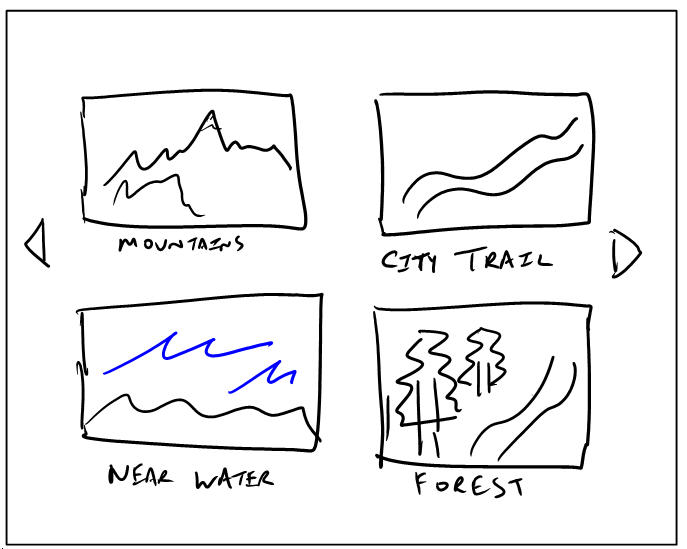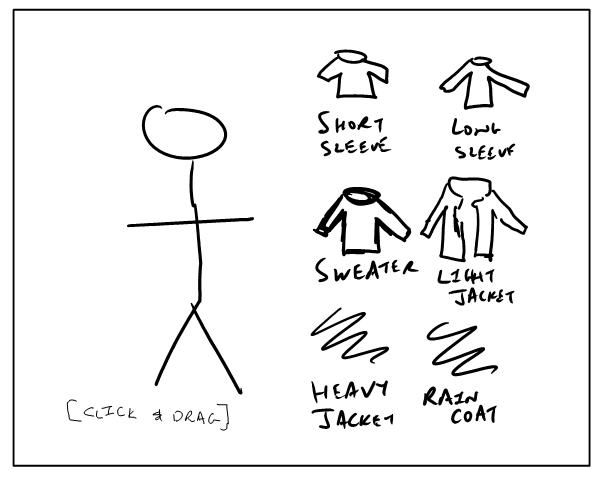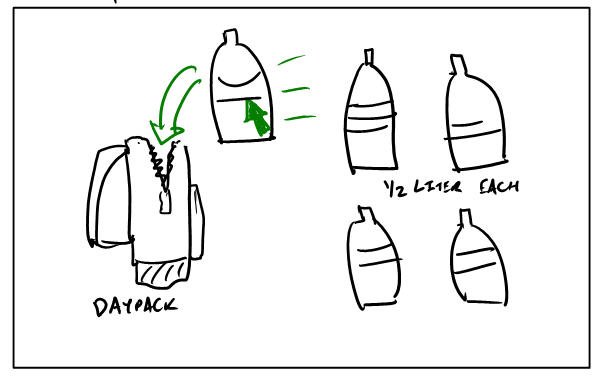ProjectProposal-JonathanFong
From CS 160 Fall 2008
Contents |
Individual Project Proposal: Outdoor Recreation Education
Target User Group
The target user group is teenagers and adults who reside in urban or suburban areas, with a lifestyle that relies on a stable municipal infrastructure (housing, utilities, commerce), and little or no exposure to outdoors or wilderness activities. There is no gender, race, nor class exclusivity for this user group.
This user group wants to live in an environment with a known or predictable climate and with access to technological advances that improve their standard-of-living. Additionally, for a balanced-lifestyle and to achieve an appreciation for the world they live in, this group seeks activities in a different environment. When participating in these activities, such as outdoor sports, hiking, camping, and backpacking, they need guidance and education to ensure an optimal level of comfort, safety, and well-being.
Problem Description
A large part of society is unaware and unappreciative of the natural world in which they live, and as a result have low sensitivity to climate change and ecological destruction. A game that increases their exposure to, and appreciation of the outdoors will increase this level of sensitivity, thus promoting environmentally-conscious lifestyles [1] A significant method and solution to reach this goal is to propagate outdoors knowledge -- such as best practices and optimal apparel and equipment -- in order to promote enjoyable and safe outdoor experiences.
Problem Context and Forces
For the target user group, outdoors knowledge is not easily acquired. One means is through painful (both physical and psychological) trial and error that leads to discouragement from future participation. Indeed, the lack of knowledge itself -- or fear resulting from it -- can be significant enough to keep users away from the outdoors. Secondly, the knowledge could be obtained from others, but at a great cost of time and/or money. A concentration of outdoors knowledge is most easily available through expert guides or instructors who offer to share, but at a financial cost that many are not willing to pay. In the alternative, the information is available in books/magazines [2] and online articles [3], but many do not have the time nor patience to read and study them. No interactive, software-based solutions exist for outdoors/wilderness education.
Luckily, the problem of climate change and ecological deterioration has recently seen increased exposure; the motivation for increased ecological awareness has political, societal, and moral pressure. To build on that, a good solution will invade the technology-filled environment of the user and utilize his/her the basic computer or video game skills. This will both minimize the learning curve for the format through which knowledge will transferred, but also maximize desirability for the user to participate/play.
Solution Sketch
Because this target user group is familiar and comfortable with technology and interactive graphical interfaces, this is the most effective medium to initiate training and education. The user can be transported into virtual scenarios to see and understand the principle being taught. Simulations will be simple, as to not overwhelm the user, but appealing and memorable enough to be effective.
Some possibilities are:



